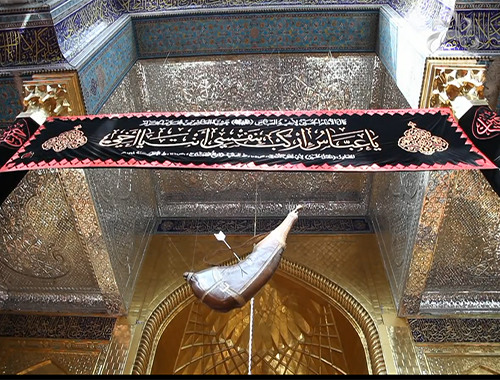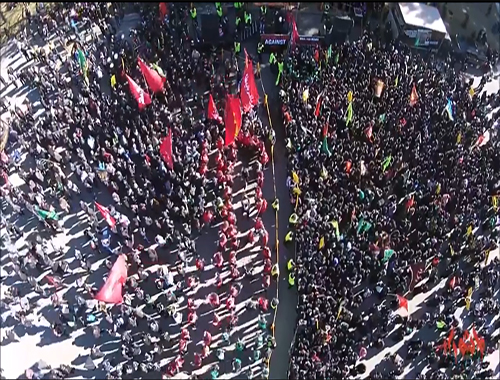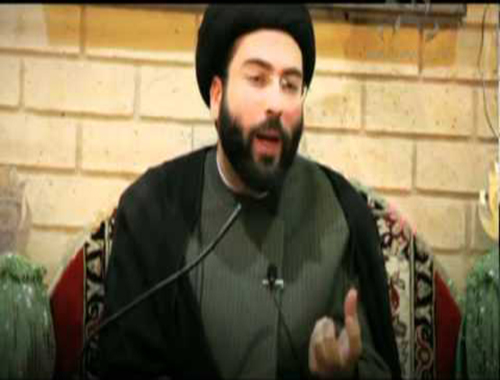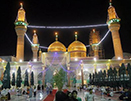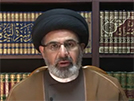The Struggle for Power IV
- Details
- Hits: 4095
Seeing them huddled in little clusters, Umar shouted: "Abu Bakr has been elected khalifa of the Muslims. Now all of you here give him your pledge of loyalty. The Ansar, Abu Obaida and I have already done so."
The Umayyads present in the Mosque were the first to respond to Umar's call, and to take the oath of allegiance to Abu Bakr. Saad bin Abi Waqqas, Abdur Rahman bin Auf and others followed them, and took the oath of allegiance to Abu Bakr.
Almost all the "patricians" took the oath of allegiance to Abu Bakr on Monday. The "commoners" didn't know about Abu Bakr's election yet. They came to the Mosque on Tuesday. All day long they were coming and going in and out of the Mosque, and Abu Bakr was occupied in accepting their assurances of loyalty to him. It was only on Wednesday that he was at last free to give his attention to other matters.
In the meantime, during the entire furious scramble for power in Saqifa, and later, Ali ibn Abi Talib and the members of Banu Hashim, had been busy with the obsequies of Muhammad, the Messenger of God. When the latter had been given a burial, Ali and the Banu Hashim retired to their homes.
Many people in Medina had taken the oath of loyalty to Abu Bakr but there were some who had not. Most important among them all was Ali ibn Abi Talib, the new head of the clan of Banu Hashim. The new khalifa and his advisers believed that it was absolutely essential that Ali should also take the oath of loyalty same as other people. They, therefore, sent for him from his home but he refused to come. His refusal infuriated Umar.
A little earlier, he was the king-maker but now he had become the Chief Executioner of the new government of Saqifa. He, therefore, went with an armed escort to enforce the orders of the government, and threatened to burn down the house of the daughter of Muhammad, the Messenger of God, if Ali did not come to the court to take the oath of loyalty to Abu Bakr.
Someone pointed out that the house belonged to the daughter of the Prophet, so how could Umar burn it. But Umar said it did not matter if the house belonged to the daughter of the Prophet. What really mattered, he asserted, was the oath of allegiance that Ali had to take.

